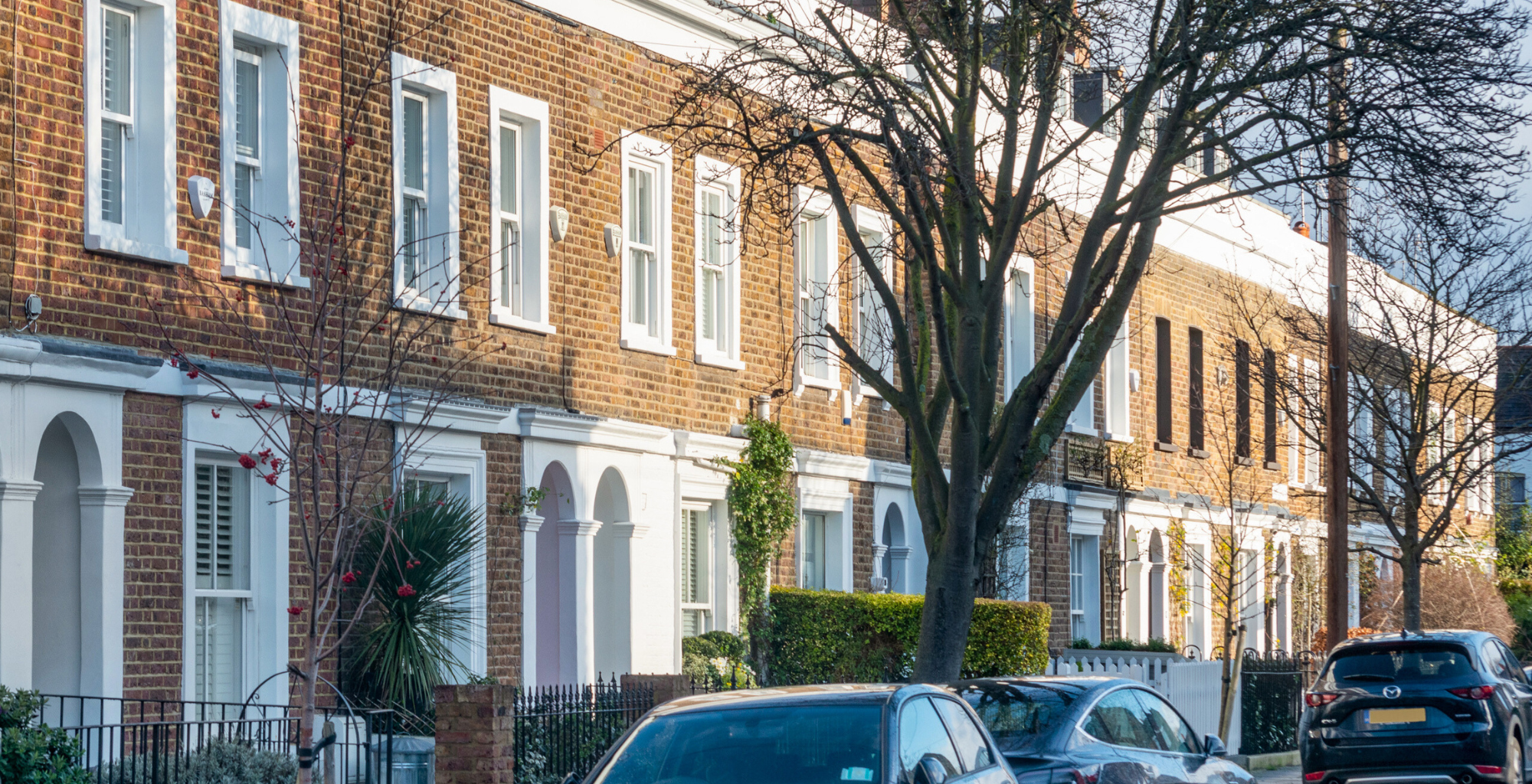As a landlord there are certain steps that are sensible to take when preparing your rental property for winter.
In this blog, we highlight the considerations, what to check, improvements that can be made and how the property might potentially be able to be more efficient, which is especially important given the proposed changes to legislation.
Perform a property inspection
The first and most obvious step to take, if it hasn’t been recently completed, is to perform a property inspection.
Visiting the property will enable either the landlord or their property manager to take a closer look at the property, checking windows, doors, the heating system and the building overall.
Talk to the tenants
Whether they’re in at the time of inspection or not, it can be useful to speak to the tenants about any concerns they might have. It might be that they’ve noticed a draught from a particular window that you wouldn’t necessarily pick up during a short inspection of a property.
Be sure to give the tenants the appropriate advance notice when arranging an inspection, as per the tenancy agreement.
What to check
With regards to exactly what to check, particularly when preparing your rental property for winter, the below offers a list of suggestions from our experienced team.
Heating system
The heating system is a primary concern as the temperature drops. So, what should you check or routinely maintain?
Get your boiler serviced
Getting the boiler serviced at regular intervals is good practice as it can help maintain the efficiency and longevity of your boiler. And of particular importance, completed by a Gas Safety registered engineer, this process can offer peace of mind: Carbon Monoxide leaks can happen at any time.
Check and bleed the radiators
A simple and easy action to enhance the efficiency and effectiveness of your heating system is to bleed the radiators annually. This will help remove any air that may have accumulated in the system over time.
Tenants will often get in touch saying that a radiator is not heating up, they might not have the means of bleeding a radiator – it’s a good idea to check this when preparing your rental property for the winter.
Check the pipes
When preparing your property for winter, it is important that you double check the pipes in your property to ensure there are no leaks and the joints are secure.
Exposed pipes can freeze or burst if exposed to extreme weather, causing considerable damage.
It’s a good idea to insulate pipes where necessary. A relatively inexpensive exercise but one that can save damage and boost the efficiency of the heating system.
Efficiency and insulation
Windows and Doors
Any gaps in seals around windows and doors can be easily fixed. Sealing these and reducing the draughts can make for a more comfortable home and help towards the overall efficiency of a property.
Chimney
Few rental properties have working fireplaces but those that do should be visited by a chimney sweep.
If the fireplace is open but not a useable fire, when preparing your rental property for winter, fitting a chimney balloon or chimney sheep can make a large improvement to chilly draughts that a tenant might complain about.
Heating timer
A tenant will likely have their own preferences concerning times that the boiler should come on through the day. It can be very useful to offer instructions on how to set this up if the manual isn’t in the property for them to use.

Weatherproof
With colder weather approaching it’s prudent to weatherproof your property as much as possible. By that, where applicable, we primarily mean checking the guttering and roof.
Clean and repair guttering
If there is heavy rainfall, broken gutters can potentially cause a problem due to the water not being directed away from the property.
Alongside repairing any broken gutters, it is worth inspecting your gutters to check they are not blocked from debris such as moss or leaves, as not only can it cause damp patches, it can also result in water taking routes that can be destructive and cause damage to other parts of your property.
Check the roof
Regular roof inspections are recommended, especially in the lead up to winter when issues can become worse due to the colder temperature. These inspections involve checking for loose, broken, or missing tiles and can help you avoid any damage and expensive repairs down the line.
In West London there are many leasehold properties where the responsibility surrounding the roof is split – it might be, as the property owner, that you need to contact the freeholder or other freeholders or leaseholders, depending on the arrangement.
Ventilation
When preparing a rental property for winter, most immediately jump to thinking about heating and draughts and might not think about how important ventilation can be at this time of year.
Check extractor fans
Checking extractor fans in bathrooms can avoid mould developing as naturally in winter, windows and doors are opened far less.
Landlord insurance
One of the most important considerations for landlords when preparing their rental property for winter is to check that they have adequate insurance in place.
Issues with properties most commonly occur through the winter months, so checking your insurance is appropriate and covers the necessary scenarios is sensible.
Property improvements
If your rental property has been let out for many years, it might be time to invest in some larger changes such as installing double glazing or updating the heating system. When it is time to make these changes, focus on how these might boost the efficiency of your property – our blog titled How to improve your EPC rating might be of interest.
Professional property management
For many, it is simply not possible to dedicate the necessary level of time and care to effectively manage a rental property – a professional management company can take over the responsibility of day-to-day management, have a relationship with the tenant and ensure the property is in good order, which is particularly important through the winter months.
A professional property manager is likely to carry out some, if not all the above steps. If you’re unsure, you can always get in touch to check.
If you’d like to talk to a member of our property management team to establish how they might be able to assist with your property, please do get in touch.





